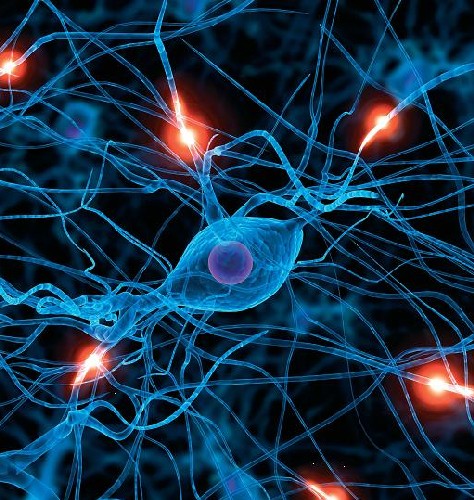What do you know about brain signals?

The City of Poznań and the Poznań University of Technology have the pleasure to invite you to a lecture by Prof. Erwin Neher of the Max Planck Institute in Göttingen.
Open lecture entitled "Brain Signals: Communication and Information Processing in the Central Nervous System" will be held on 6 July 2013 at 12.45 p.m. - 1.30 p.m., in the Lecture and Conference Centre of the Poznań University of Technology in Piotrowo Street.
The abstract of the lecture:
Brain Signals: Communication and Information Processing in the Central Nervous System
Our brain is a network of about 1011 neurons, which are connected by synapses. A neuron typically receives input from about 10000 other neurons, which can be either excitatory or inhibitory. The neuron integrates these inputs and generates an "action potential', which travels along the nerve fiber and excites or inhibits thousands of other neurons, to which it is connected via synapses.
Brain signals are generated by ion channels, which mediate the electrical excitability of nerve fibers, and neurotransmitter release - the process, by which a nerve ending sends a signal to the receiving or "postsynaptic' cell. In the first part of this lecture I will review the development of concepts on "bioelectricity', which led to the discovery of ion channels. I will go on and discuss, what kind of information action potentials are carrying. I will do this by reviewing literature on the visual system, for which a relatively clear picture on the first steps of information processing has emerged.
See more

Meeting of Cultures: The world needs tenderness

Open lecture: "Writer who resurrected a city, president and builder of the city of Tuzla and...

Open lecture: "Ukrainian dialects: history-culture-identity"
